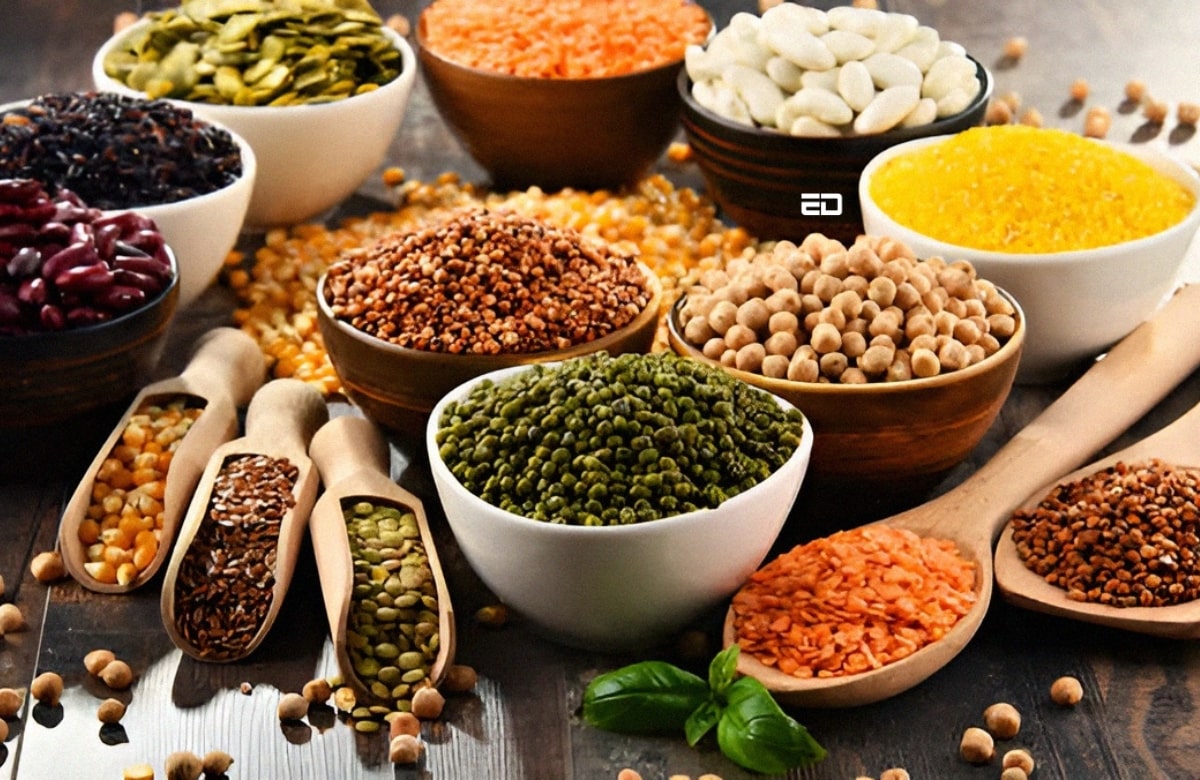Sitting with your loved ones during meals while engaging in hearty conversations or having your food alone, while you read a book or watch some episodes of your favourite show, most of the time, we don’t pay much heed to what we’re eating. We are so engrossed in our busy schedules that we often neglect the most important thing. Our diet.
Are products that are claiming to be nutritious, really nutritious? Is everything that is going on in our body safe? Or is there really a mix of chemicals in most spices we consume? How often do we look into these important matters?
You might be eating a plate full of food but that may not contain the right mix of nutrients. To lead a healthy life, it is immensely important to indulge in healthy eating practices, and for this very purpose, one should eat well, rest well, and also exercise daily.
The Say Of India’s Premier Nutrition Research Institutes
The Indian Council of Medical Research (ICMR) and the Hyderabad-based National Institute of Nutrition (NIN) jointly released the 2024 Dietary Guidelines for Indians (DGIs).
A set of 17 guidelines have been drafted by a multidisciplinary committee of experts, which have undergone several scientific reviews and revisions before their publishing. These recommendations address 56% of diseases in our country linked with diet, to promote healthy palates and emphasise overall holistic development.
These suggestions hold a lot of significance, especially at a time when every other food is adulterated and people do not have the time to cook and so, rely on packaged foods.
Junk food is heavily marketed and influences the diets of both adults and children alike. Moreover, these can also help in taming the surge in non-communicable diseases such as hypertension and diabetes and also prevent premature deaths.
Dr V.K. Paul, a member of NITI Aayog who heads health and nutrition, highlighted, “The guidelines are designed to be flexible, accommodating the diverse cultural and regional dietary practices of India. They provide practical advice on the consumption of a variety of food from different food groups, emphasising the importance of a balanced and diverse diet”.
The United Nations Food and Agricultural Organisation (FAO), says that over 100 countries have developed or are currently developing food-based dietary guidelines.
In its latest report on dietary guidelines issued earlier this year, FAO said, “Most countries in Asia and the Pacific, Europe, North America, Latin America and the Caribbean have national dietary guidelines. Food-based dietary guidelines have also been developed in a few countries in Africa and the Near East”.
India is also a tale of contrasts, while a fifth of women fight undernutrition, a quarter are obese.
Also Read: Is Your Morning Tea Or Coffee Playing With Iron Absorption And Energy Levels
The 17 Recommendations:
Remember, when we studied the concept of the ‘balanced diet’ in our biology textbooks? It is high time we start applying the concept as well. That is what the first guideline recommends too, ‘Eat a variety of foods to ensure a balanced diet’.
The second, third and fourth guidelines recommend the intake of extra food and healthcare during pregnancy and lactation; and mothers must also ensure exclusive breastfeeding for the first six months and must continue doing so till two years and beyond. Only after six months of age, should infants be fed homemade semi-solid complementary foods.
The next few guidelines push us to eat plenty of green leafy vegetables and legumes. This provides us with several vitamins and minerals, thus protecting us from micronutrient deficiencies.
Adding on, to meet the daily requirement of essential fats, we must use a diverse variety of oil seeds, nuts and whole grains. Since refined oils are processed foods, they must be used in moderation.
‘Use oils/fats in moderation; choose a variety of oil seeds, nuts, nutri cereals and legumes to meet daily needs of fats and essential fatty acids.’
The DGIs are against the usage of protein supplements to build muscles and recommend consuming good-quality proteins. Dr Anuja Gaur, consultant in diabetes at Delhi’s Aakash Healthcare Super Speciality Hospital, said, “For instance, guidelines need to be stricter for youngsters who are into fad diets these days. The youth should be made aware of the side effects of such diets and the rampant consumption of supplements and the so-called bodybuilding drugs and steroids”.
To prevent abdominal obesity and overweight, the accumulation of excess fat in and around the internal organs, and being physically active is important.
Moreover, the authorities also suggest that we restrict salt intake, high-fat, sugar and the consumption of ultra-processed foods, owing to the myriad of health issues these may cause, including heart diseases and stroke. One must also drink plenty of water and ensure that appropriate cooking methods are used.
‘Minimise the consumption of high fat, sugar, salt (HFSS) and ultra-processed foods,’ said the guideline.
The last guideline insists that consumers must read the information on food labels and should be aware of what they are having. An informed choice will be made only when we have access to all the nutritional information and can make an assessment of the safety and quality of the foods we eat.
Image Credits: Google Images
Feature image designed by Saudamini Seth
Find the blogger: Unusha Ahmad
This post is tagged under: nutritional, nutrition, diabetes, India, diet, spices, chemicals, nutrients, ICMR, NIN, DGIs, healthy, exercise, Niti Aayog, 2024, UN, FAO, balanced diet, HFSS, Europe, North America, Latin America, Asia
Disclaimer: We do not hold any right, or copyright over any of the images used, these have been taken from Google. In case of credits or removal, the owner may kindly mail us.
Other Recommendations:
Your Child’s Falsely Claimed Nutrition Drinks Are Home To Various Diseases; Know More






























